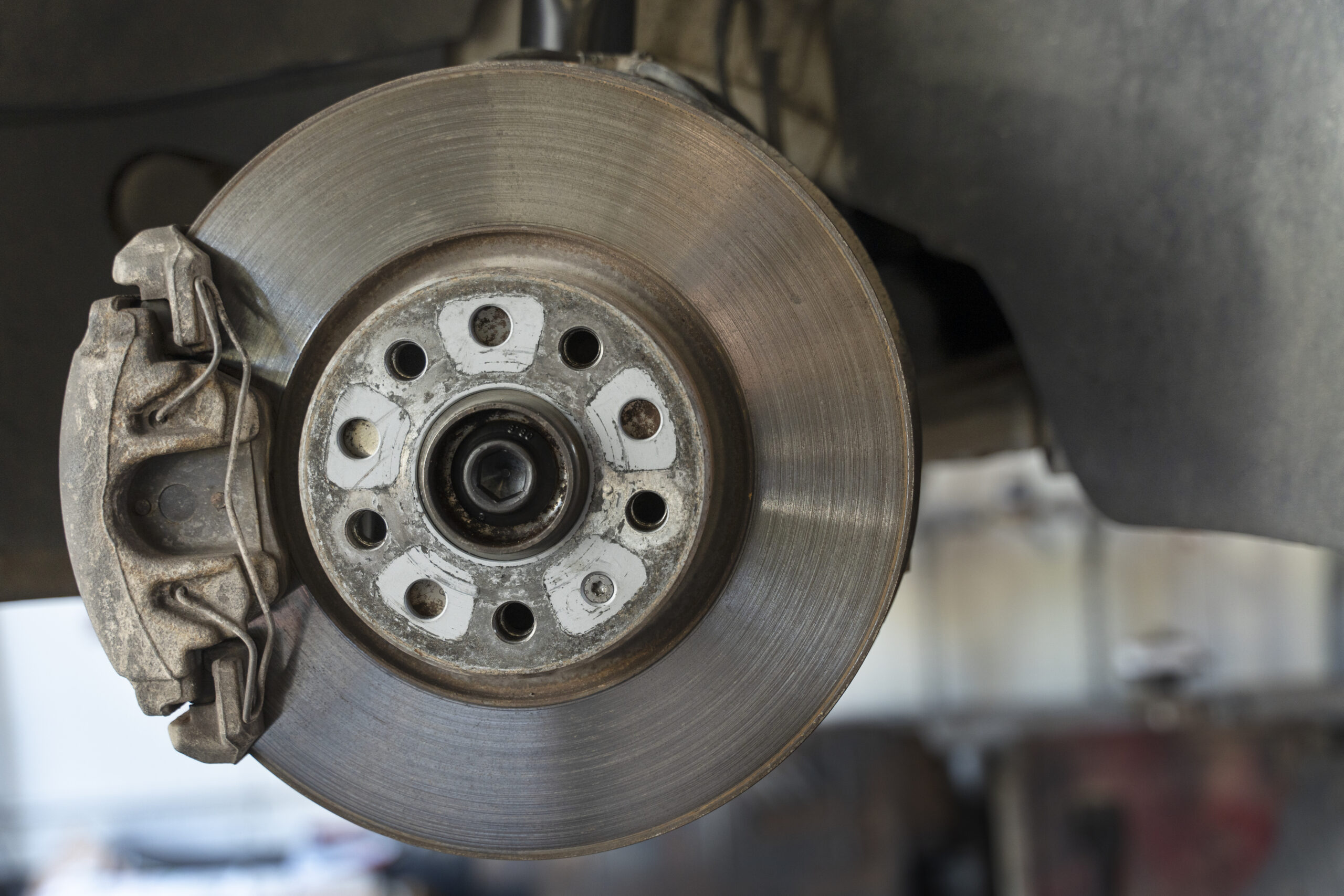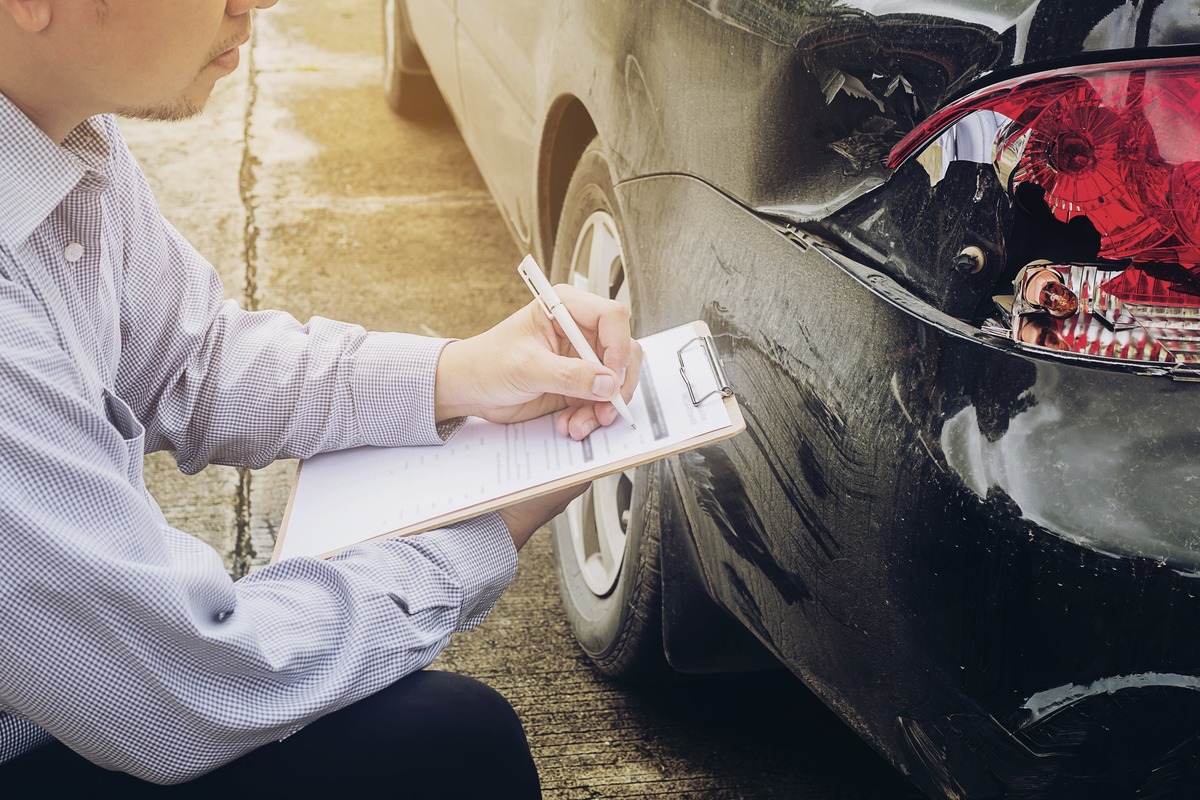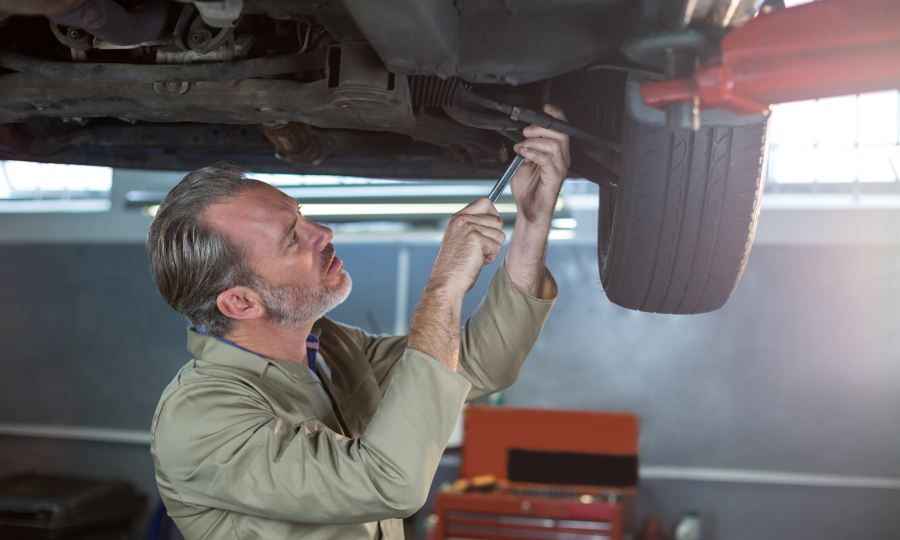Top 5 Signs Your Vehicle Needs a Brake System Check
Your car’s braking system is one of the most critical components for your safety on the road. Neglecting brake maintenance can lead to dangerous driving conditions and costly repairs. But how do you know when it’s time for a brake system check?
In this blog, we’ll cover the top 5 warning signs that your vehicle’s brakes need attention. By recognizing these signs early, much like you would with other essential services such as a Starter Replacement Service, you can prevent further damage and ensure your car remains safe to drive.
1. Squealing or Grinding Noises
One of the most common signs your brakes need checking is unusual noises when you press the brake pedal.
- Squealing Sounds: This is often caused by worn brake pads. Many brake pads have wear indicators that emit a high-pitched squeal when it’s time for a replacement.
- Grinding Noises: If you hear grinding, it could mean your brake pads are completely worn down, and the metal backing is contacting the rotors. This can cause severe damage to your braking system and should be addressed immediately.
Ignoring these sounds can lead to more expensive repairs and jeopardize your safety.
2. Reduced Braking Performance
Have you noticed your car isn’t stopping as quickly as it used to? This could indicate:
- Worn Brake Pads: Thin or damaged brake pads reduce the efficiency of your braking system.
- Brake Fluid Issues: Low or contaminated brake fluid can lead to reduced hydraulic pressure, making it harder to stop your vehicle.
- Brake Line Problems: Leaks or air in the brake lines can also compromise braking performance.
If your brakes feel “spongy” or you have to press harder on the pedal, it’s time for a professional brake system inspection.
3. Vibrations or Pulsations When Braking
If you feel vibrations or pulsations through the brake pedal or steering wheel, your braking system might need attention. Common causes include:
- Warped Rotors: Excessive heat from prolonged braking can warp the rotors, leading to uneven braking.
- Misaligned Brake Components: Improper installation or damage to parts like calipers can cause vibrations.
Driving with these issues not only compromises your safety but can also lead to uneven tire wear and further mechanical problems.
4. Dashboard Warning Lights
Modern vehicles are equipped with sensors that monitor your braking system. If you see a brake-related warning light on your dashboard, such as the ABS (Anti-lock Braking System) or Brake System light, it’s crucial to investigate immediately.
- ABS Light: This indicates a potential problem with your anti-lock braking system, which helps maintain control during hard braking.
- Brake System Light: Often linked to low brake fluid, worn brake pads, or other system issues.
Never ignore these warning lights. They are designed to alert you to potential dangers that could affect your vehicle’s safety.
5. Burning Smell During or After Braking
A sharp, chemical-like burning smell after using the brakes heavily (such as driving downhill) is a clear sign of overheating. This could mean:
- Overheated Brake Pads: Excessive friction generates heat, which can damage brake components.
- Stuck Calipers: If a caliper is stuck, it can cause the brakes to drag, overheating the system.
If you notice this smell, pull over to a safe location and allow the brakes to cool. Continuing to drive could lead to brake failure.
Why Regular Brake System Checks Are Essential
Your brakes are your car’s most important safety feature, and regular inspections are key to maintaining their performance. By catching issues early, you can:
- Avoid Costly Repairs: Replacing brake pads is much cheaper than repairing rotors or calipers.
- Improve Road Safety: Functioning brakes are essential for safe driving.
- Extend Vehicle Life: Proper brake maintenance reduces wear and tear on other components.
How Often Should You Check Your Brakes?
Experts recommend a brake system inspection at least once a year or every 12,000 miles. However, if you notice any of the warning signs mentioned above, don’t wait for your annual checkup—schedule an inspection or include a Cleaning Service immediately to ensure your vehicle operates safely.
What to Expect During a Brake System Check
When you take your car in for a brake system inspection, a mechanic will typically:
- Inspect Brake Pads and Rotors: Check for wear and damage.
- Examine Brake Fluid: Ensure the fluid is clean and at the correct level.
- Test Brake Lines and Hoses: Look for leaks or air pockets.
- Check Calipers and Hardware: Assess for proper alignment and function.
- Test Drive the Vehicle: Evaluate braking performance in real-world conditions.
When to Seek Professional Help
If you’re experiencing any of the signs above, it’s essential to act quickly. Ignoring brake issues can compromise your safety and lead to more expensive repairs in the long run.
A professional mechanic will not only diagnose the problem but also ensure your brakes are restored to optimal performance. Remember, your safety—and that of your passengers—depends on a reliable braking system.
Final Thoughts
Your vehicle’s brakes are its first line of defense on the road. By staying vigilant and addressing the top signs of brake issues early—just as you would with essential services like Alternator Replacement Service Ontario —you can avoid costly repairs and ensure a safer driving experience.
Don’t wait for a small issue to turn into a major repair. If you hear unusual noises, feel vibrations, or notice reduced braking power, schedule a brake system check with a trusted mechanic today.














Post Comment